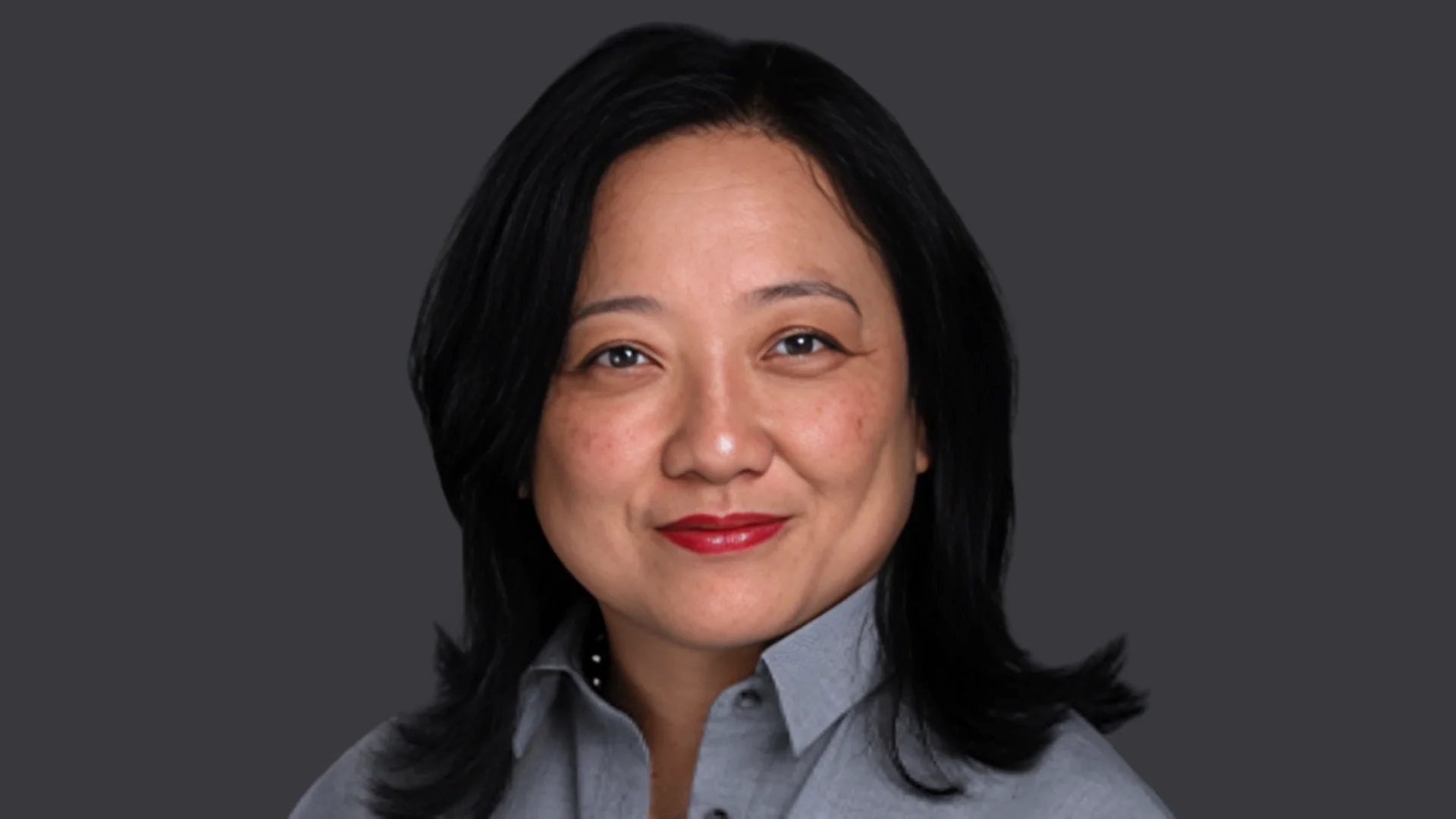
Elaine M. Chiu faculty member at St. John’s University School of Law | St. John’s University School of Law
Professor Elaine Chiu, a faculty member at St. John’s University School of Law, was recently featured in the Law Matters series in a conversation with Dean Jelani Jefferson Exum. The discussion focused on Professor Chiu’s work examining how criminal law intersects with cultural identity and efforts toward systemic reform.
Professor Chiu has contributed to the field through her scholarship and advocacy. She recently published an article titled “The Model Minority Victim” in the Santa Clara Law Review and co-produced the documentary Voices Against Anti-Asian Hate alongside the Asian American Bar Association of New York (AABANY). For her work, she received AABANY’s Women's Leadership Award. At St. John’s, she serves as faculty adviser to both the Journal of Civil Rights and Economic Development and the Asian Pacific American Law Students Association (APALSA), and previously led the Ronald H. Brown Center for Civil Rights.
Reflecting on her early experiences growing up in New York City during a period when Asian gangs were active, Professor Chiu said: "I was a teenager in New York City during the 1980s, when Asian gangs were a serious problem, especially in Chinatown. At Stuyvesant High School, metal detectors were standard and violence was always a possibility. My younger brother was robbed at an arcade, and my parents were caught on the street during a shootout. Anytime there’s violence, extortion, threats, and organized crime, there’s harm. But when that harm comes from within your own community, there’s an extra dimension of pain and suffering. At the same time, growing up in working-class Staten Island—where my neighbor was a police officer and many customers at my parents’ takeout restaurants were public servants—gave me a foundation of trust in government. So, when the gangs caused harm, I believed the way forward was to report and cooperate with authorities, because silence only strengthened the gangs’ power. In many ways, that was how my cultural identity and my Chinese New Yorker roots first intersected with the criminal legal system—at once deeply personal, and admittedly a bit naïve."
When asked about addressing social inequalities through legal education with students, Professor Chiu explained: "I approach those conversations with great care and deliberation. As an Asian American, my identity helps me relate to students who have been oppressed, privileged, or invisibilized. When appropriate, I share my personal experiences and draw on the dramatic legal history of Asian Americans—from the Chinese Exclusion Act to the murder of Vincent Chin—to build trust in the classroom and in my work as an advisor. I also use pedagogical tools like starting my Perspectives on Justice class with a discussion about how words can carry different meanings depending on speaker and listener. Shared understandings are especially important when we take on tough topics like hate, inequality, systemic oppression privilege,and reparations."
Discussing how law schools shape future advocates for justice,she said:"They play a big role though,the impact often takes patience to see.It unfolds gradually over time.We shape thenext generationof advocates through our scholarship particularly by advancing ideas from marginalized or underrepresented perspectives;through teaching by modelingthe courage to introduce complex meaningful topicsand creating spacefor studentsto share their own insights;and through service,both withinlaw schoolandin broader community.All these efforts help plant theseeds for long-term change."
Looking ahead at areas she is interestedin exploring further,she noted:"I'm still deeply engagedin thinking abouthate crimes especiallyhow they relateto physical spaces.Despite our ideals America remains highly segregated,and that reality shapes whereand how bias-motivated crimes occur.If someone wantedto targeta particular group—whether EastAsianAmerican women Muslim worshippers or LGBTQ+ individuals—there are often predictable places they might go like massage parlors mosques or gay bars.Perhaps they would goto my alma mater Stuyvesant High School orto an intersectionin Flushing Queens.The law tends to recognize certain spacesas indicativeof bias crimesand ignore others.Who isthat?And what does it revealabout which communitiesare seenand protectedbythe law?"
On mentoring students at St.John's Law,she shared:"Teachingand mentoring students especially young adultsismy secret fountainofyouth.I never tireof helping them navigate themany ways to beginalegal career—whetherthrough dispute resolution transactionalwork advocacy ordirect client services—or suggesting betterways toparefor finals.In turn,I’ve learnedfrom them:about wellness new technologies self-doubt self-esteem distraction grit,and much more.Mostof all being inconversationwith,and learningfrom studentsandalumni givesme hopeforthe future."
The Law Matters series continues its focuson discussions shaping legal educationandscholarshipatSt.John'sLaw.
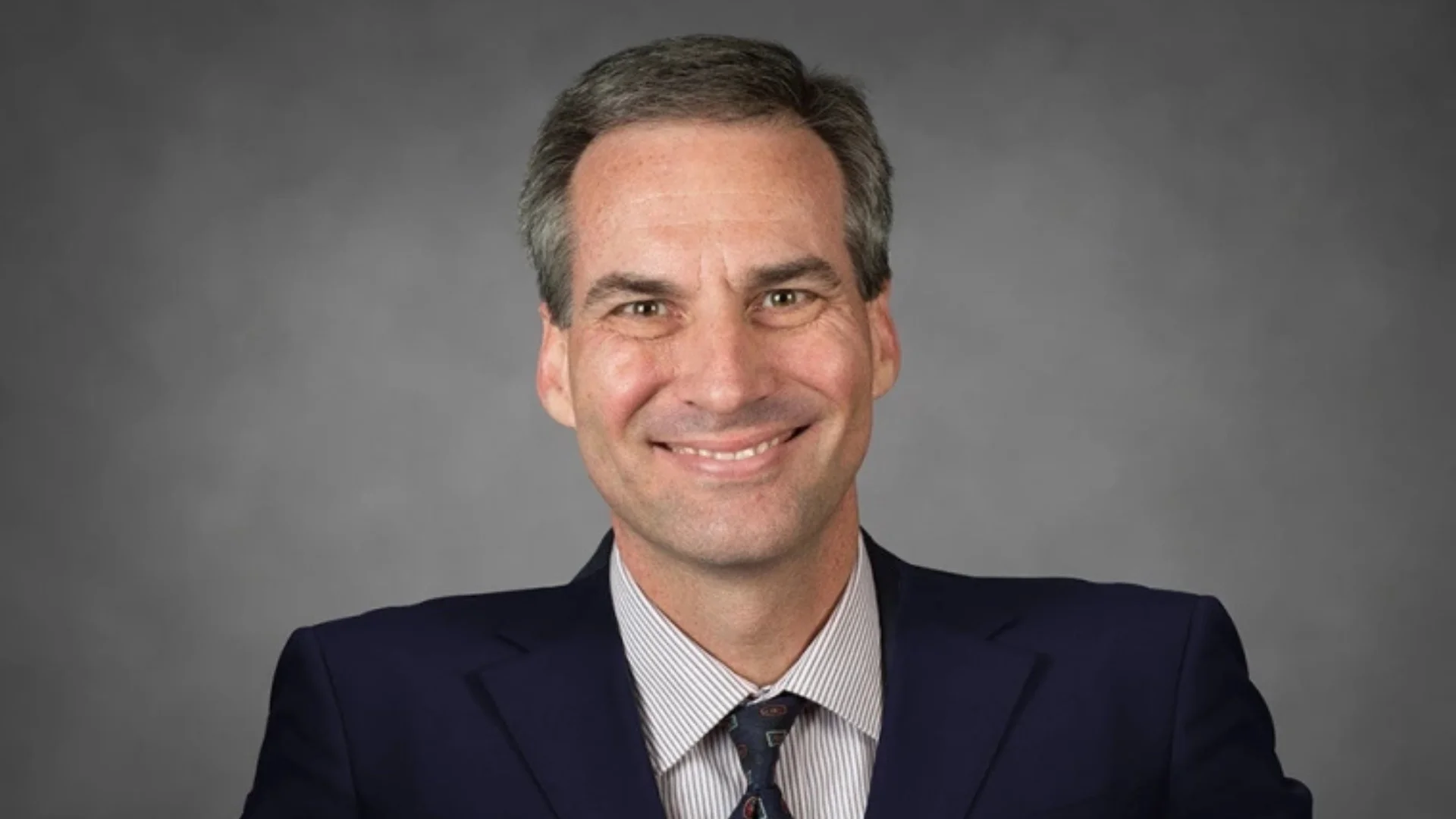
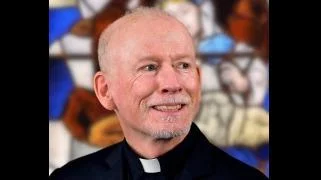
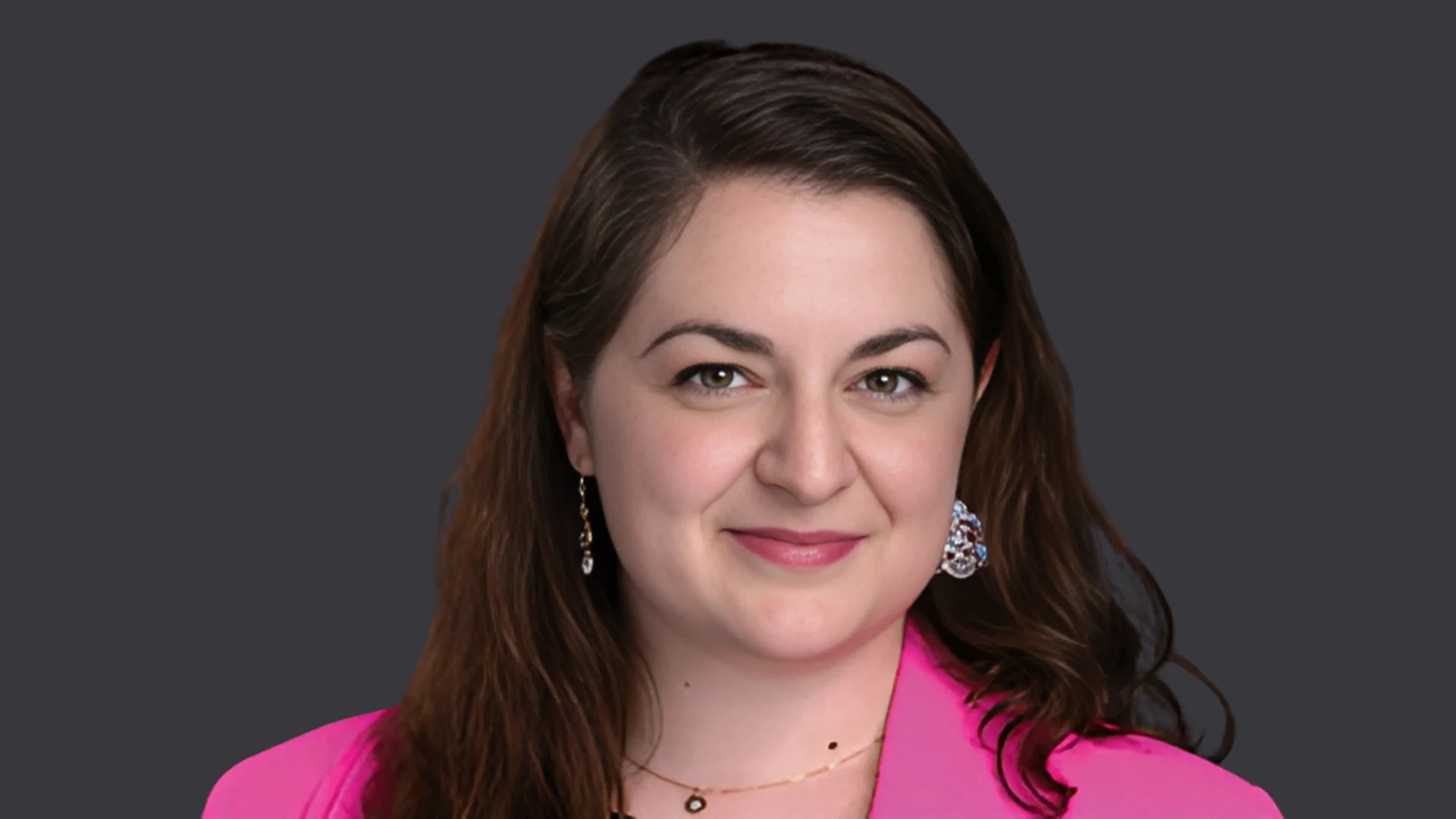
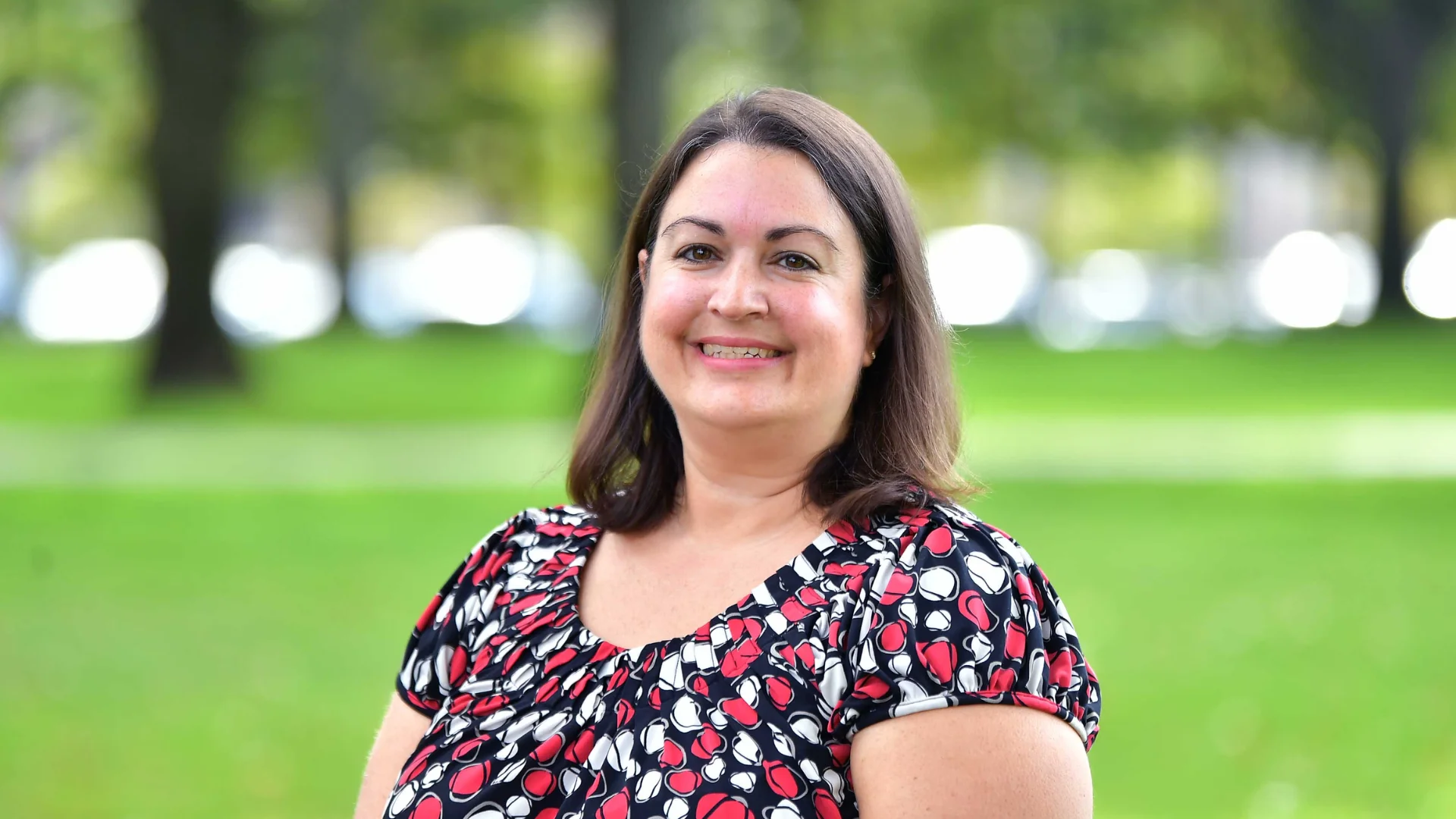
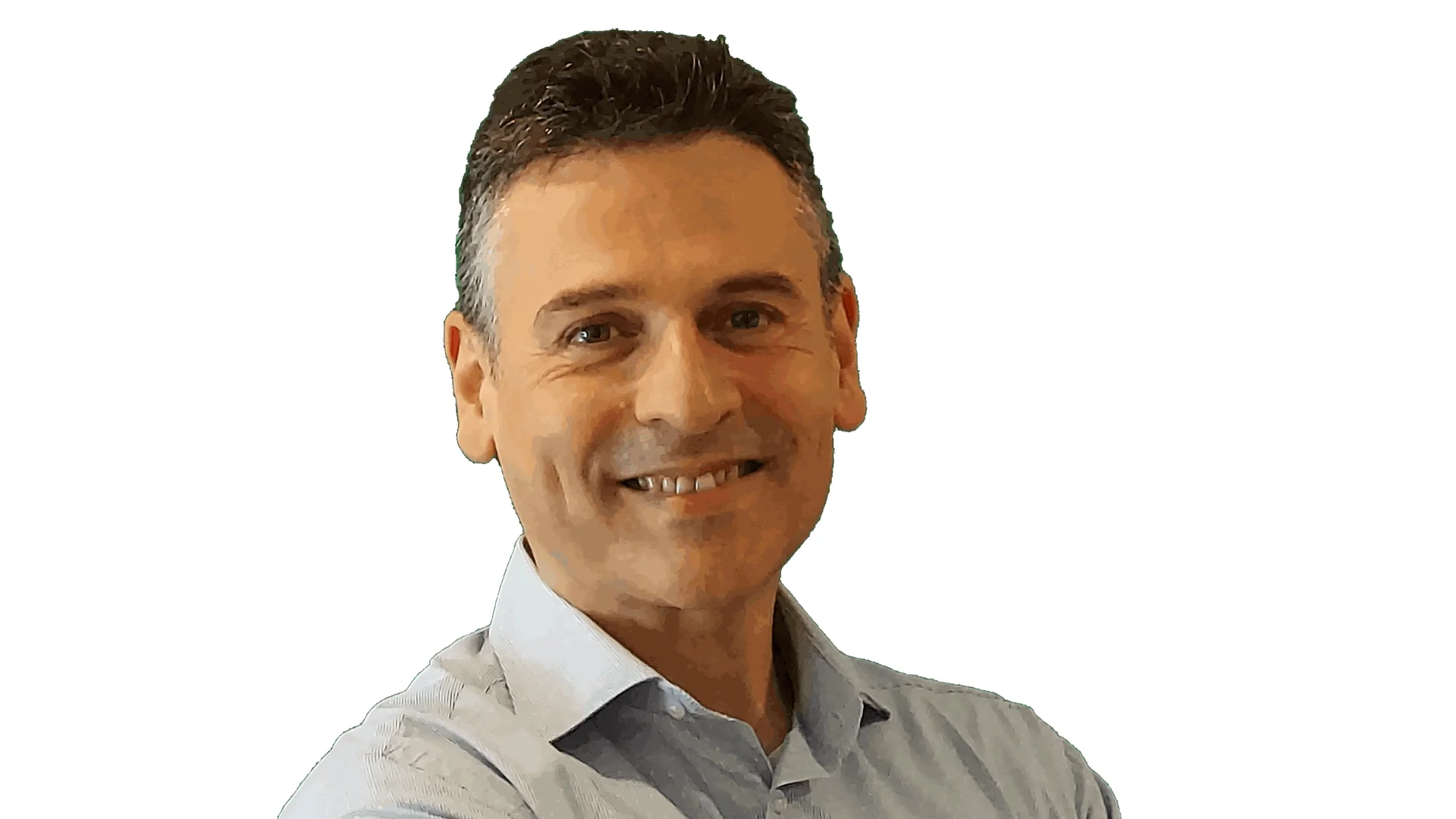
 Alerts Sign-up
Alerts Sign-up